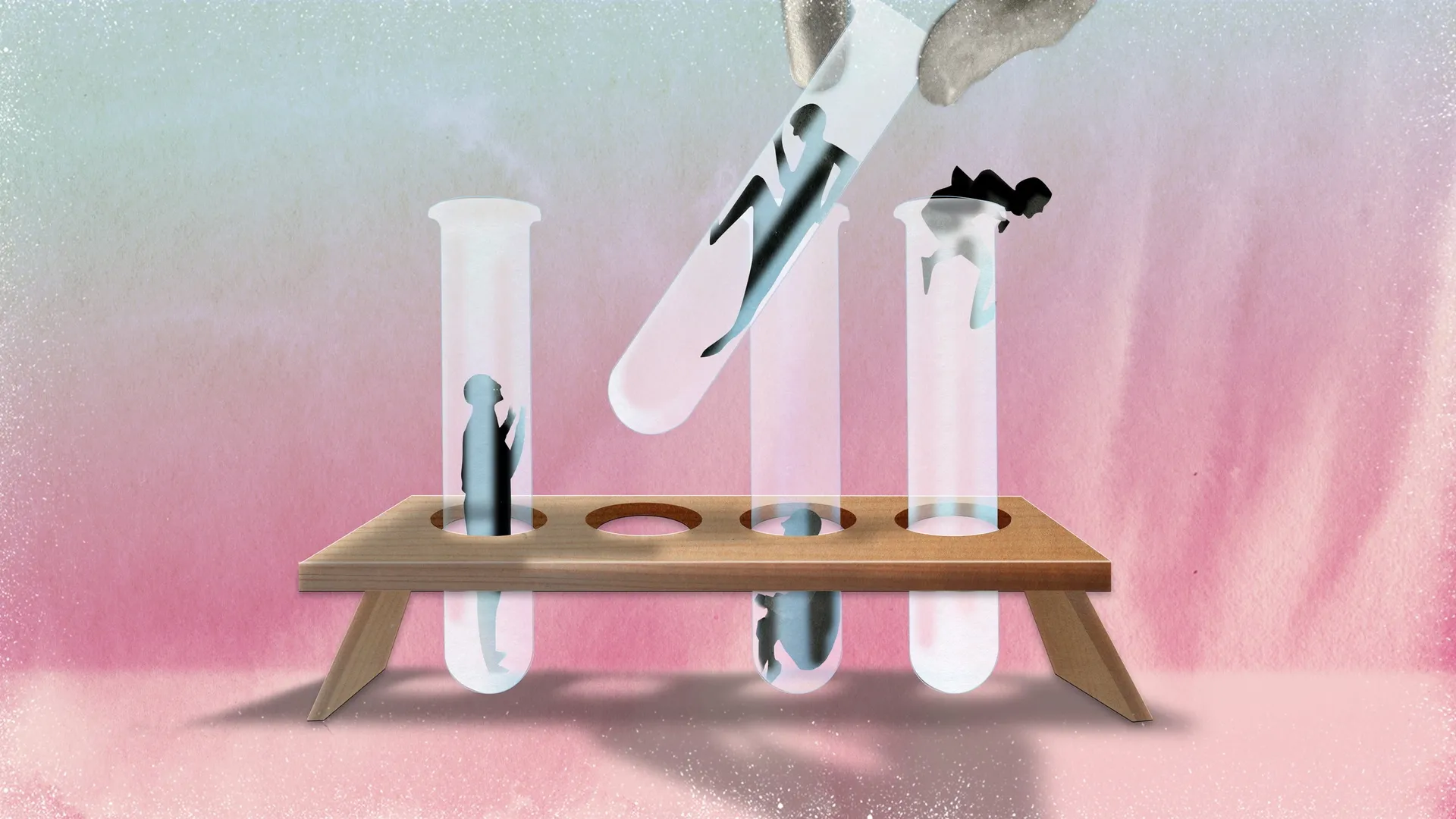
While most economic debates are about as spicy as boiled potatoes, others generate a bit more heat. A recent stir fell into the second category, in response to a new study of junior academics angling for jobs in economics. Participants knew they were part of an experiment, but not that some would get more social media promotion from “influencers” than others. (Economics influencers that is — Kylie Jenner does not care about your robustness checks.)
Cue outrage, sprinkled with some snark. One observer commented on the cruelty of letting “a coin toss determine who wins, and who is doomed to a career in academia”. More seriously, how do economists weigh up the ethics of human experiments?
There are formal processes to stop research investigating whether punching people in the face causes pain. American academics have to submit studies involving human subjects to ethical review by Institutional Review Boards (IRBs), and often local boards when their work is on people in other countries. Europeans have been slower to implement their own processes, but they are catching up.
Researchers are generally supposed to avoid knowingly doing harm. They should also ask participants for informed consent, though not if the risks are minimal and telling people would muck up the results. (“Please take part in our study of sexism . . . now would you hire this woman?”)
When it comes to work in developing countries, it might seem unfair to allocate poverty-busting interventions randomly, rather than doling them out to everyone who might benefit. The justification economists usually offer is that when budgets are tight and universal coverage isn’t possible at least at first, there is value in rolling out a programme in such a way that it can be evaluated rigorously and improve policymaking.
The power of randomisation could even expand the set of risks researchers can take. One pair of economists wrote in 2014 that although researchers should minimise risk wherever possible, “the more likely a research project is to be able to answer a question in an unbiased way, and the more important that question is to designing more effective policy . . . the more risk it is acceptable to take”.
The past five years have seen an uptick in discussion of ethics within economics research, partly in response to a controversial study published in 2020. That examined whether cutting off some slum-dwellers’ water supply would increase the share of bills paid on time. (It did.)
One group of academics later proposed that papers should come with “ethics appendices” setting out in more detail how the authors dealt with any thorny issues. That could include a discussion of the researchers’ role in the design and implementation of a policy being evaluated to make it clear where ethical responsibilities lie.
It could also cover any holes in the IRB process, such as the effect of an intervention on non-participants. What if a cash transfer led to recipients bidding up prices, harming others? Although ethics appendices are not yet the norm, some funders are pushing for more information. Sarah Kopper, associate director of research at the Abdul Latif Jameel Poverty Action Lab, says that now applicants for the organisation’s funding have to outline any risks posed to the broader population as well as research staff.
Returning to the economics jobs study, Douglas MacKay of the University of North Carolina says that it raises interesting ethical questions. Does intervening in the job market, a highly fraught process, truly carry “minimal risk” to the participants? If it is a zero-sum competition, then giving some candidates a leg up will mean crushing others’ dreams. And if the risk was more than minimal, the lack of fully informed consent from participants could be dubious.
Alvin Roth, one of the authors of that experiment, says: “I can’t imagine economists thinking of a market as zero sum.” Perhaps a social media post could alert someone to a candidate so impressive that they persuade their university to make an extra position available. He points out that plenty of people share papers on social media, adding: “It seems to me that things that aren’t unethical to do shouldn’t be unethical to study to find out their effect.”
Although we might like to think of economics as a meritocracy, it is possible that, left to their own devices, influencers will just promote their pals or their pals’ students. The authors suggested that their randomisation allocated attention “more equitably”. As so much of economics involves careful thinking about counterfactuals, no wonder they matter in the ethics of the subject too.
Follow Soumaya Keynes with myFT and on X
The Economics Show with Soumaya Keynes is a new podcast from the FT bringing listeners a deeper understanding of the most complex global economic issues in easy-to-digest weekly episodes
Listen to new episodes every Monday on Apple, Spotify, Pocket Casts or wherever you get your podcasts